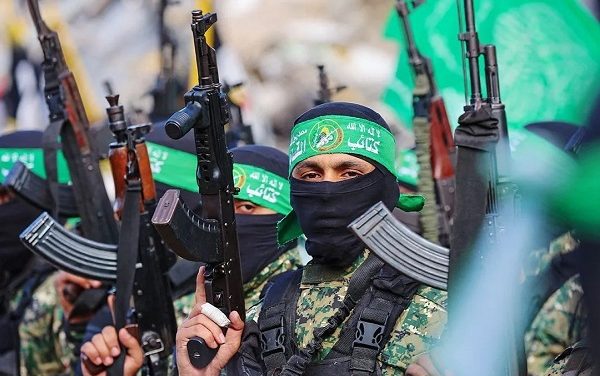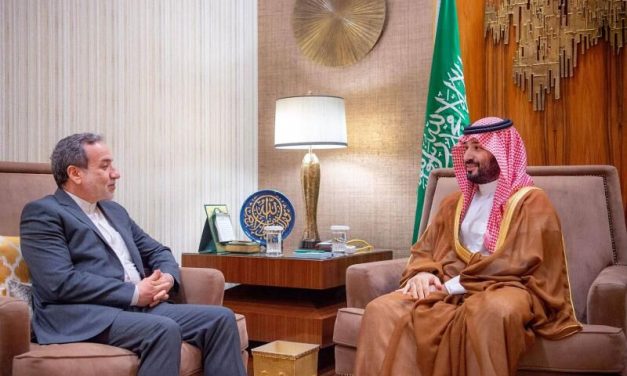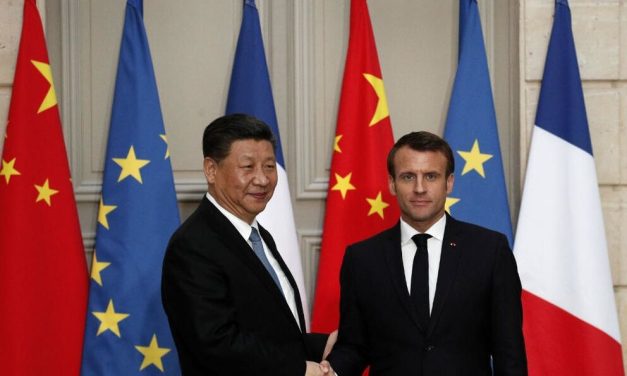The US-Russian relationship was transformed after the decision of Donald Trump in October to withdraw from the 1987 missile treaty (INF) with Russia and raising fears of a new arms race between the two countries. The Intermediate-Range Nuclear Forces Treaty between the United States of America and the Union of Soviet Socialist Republics on the Elimination of Their Intermediate-Range and Shorter-Range Missiles was signed in Washington in 1987 by US President Ronald Reagan and the last Soviet leader, Mikhail Gorbachev.
In early February, US Secretary of State Mike Pompeo announced that Washington will officially pull out of INF within six months.
Regarding the relations between Russia and the United States, there are numerous issues that have affected these ties over the past years: From geopolitical disputes to military rivalries that have always existed between the two countries. In the current context, it appears that the US withdrawal from the INF will escalate the arms race between the two countries, and will probably direct Moscow-Washington relations into a new phase: A stage in which arms race will become one of the most fundamental issues in the relations between the two countries. Consequently, if the United States and Russia fail to reach consensus on a new agreement in the future, we should wait to see an increase in military movements by the two countries. So, in addition to both sides making new weapons, we will most likely see that Americans will deploy at least this kind of missiles in three regions of Eastern Europe, East Asia and West Asia, or to countries that are US allies in these areas. If this happens, it can, in the light of its consequences, disturb the balance of military power in these regions. Undoubtedly, Russia will not remain silent about such an action. Further geopolitical differences may arise in Moscow-Washington relations as a result of increased arms rivalry and the collapse of the military balance of power around the world.
In this regard, it can be said that the US action in the current situation is a provocative measure and could have wider implications.
In this respect, the main losers of US pullout from the Intermediate-Range Nuclear Forces (INF) treaty are the European countries. The reason is that the treaty had banned deployment of short-range and medium-range missiles in Europe but the situation could change after US withdrawal. This means that Americans can also deploy these types of missiles in Europe and that the Russians can deploy their missiles in western parts of the country, in the vicinity of Eastern Europe or countries close to Russia.
In this way, it will spread militarization inside Europe, especially in the Eastern European region, and this can increase sensitivities in the region. In addition, the American approach could question the independence of Europe in the military sphere. However, the Europeans decided to form an independent European army, an issue raised by the French and supported by some EU states. In the current situation, given the fact that Europeans feel more threatened from Russia, the idea of an independent army will be a nip in the bud. Therefore, Europeans have to re-engage with the United States and seek their security in Washington. If this happens, Donald Trump would prove right in saying that Europeans are not paying the cost of their security. Because under these conditions, Europeans have to pay more for their own security to the United States.
Paying these costs can also put them in financial constraints in the face of the vast majority of European countries already facing financial pressures, and even in the later stages, it will force them to accept the economic conditions of the United States.









0 Comments